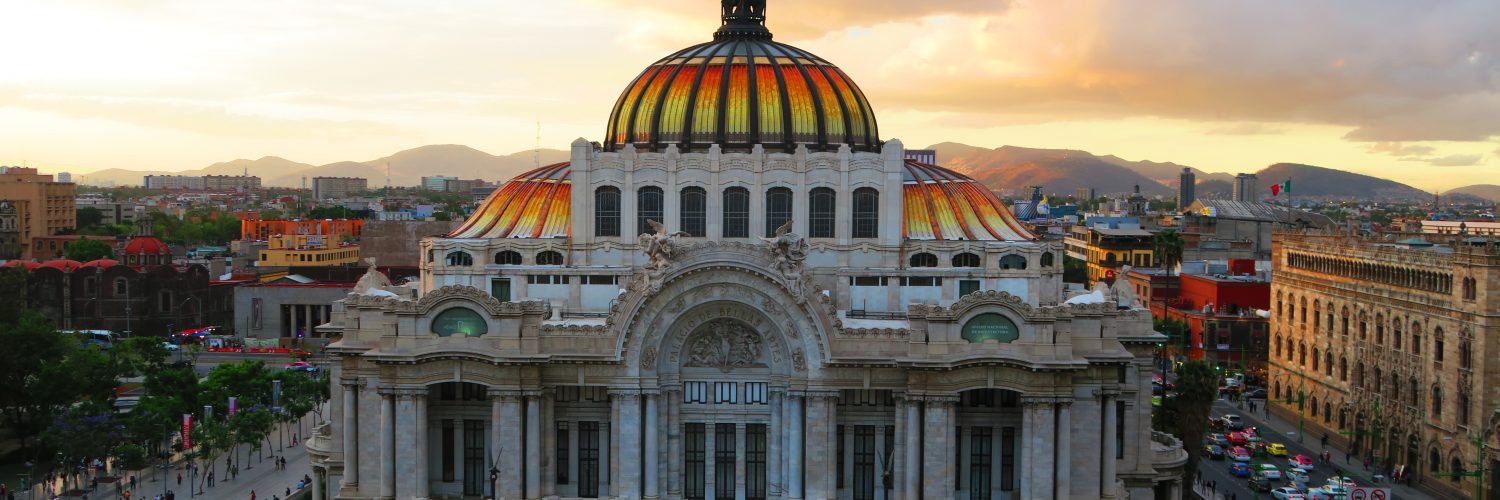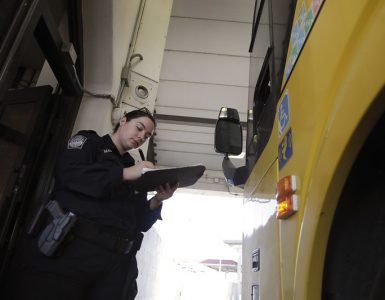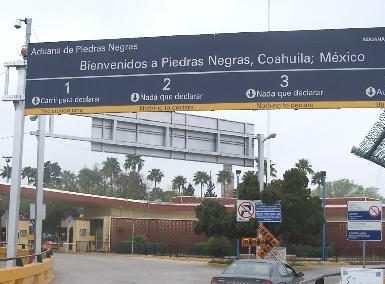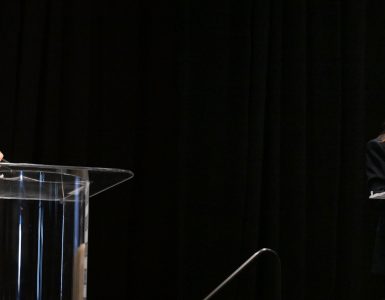As Mexico undergoes a massive shift in power structure, the business world is watching for signals that trade relations will hold steady. Or implode.
Harsh rhetoric from the nation’s top leaders on both sides of the border – from tweets to taunts – stirs uncertainty over what’s next.
This week trade representatives for the city of Phoenix from Mexico City and Hermosillo spoke to a group of Arizona executives and public officials about Mexico’s recent monumental election and what it portends for commerce between Arizona and its neighbor to the south.
In a stunning victory July 1, leftist President-elect Andrés Manuel López Obrador and members of his new Morena Party swept into federal, state and local offices across Mexico. Voters gave Obrador and his party control of both chambers of Congress, and many state and local offices in 25 of 32 states.
While the future is unknown, there are positive signs for healthy trade to continue after the new politicos step into office in September, and Obrador begins his six-year term Dec. 1.
“One of the good things is that the election is over so we’ll have to see if a lot of the campaign promises will become reality or if they are just campaign promises,” said Antonio Proto, director of the Phoenix Northern Mexico Office of Economic Development in Hermosillo, Sonora. “Fortunately some of the more extreme promises have been lowering in their rhetoric.”
Obrador campaigned to end what he calls Mexico’s “Mafia of Power,” an alleged collusion among public and private sector elites to take privileges at the expense of the people. He vowed to cut down on corruption, reduce salaries for high ranking government officials, restructure social assistance programs, and increase financial aid for senior citizens.
Obrador also talked of shifting Mexico’s direction on major economic policy questions, including raising the minimum wage, rolling back parts of Mexico’s energy and education reforms, and immediately suspending construction of Mexico City’s new $13-billion airport.
Analysts believe the rhetoric is toning down. Mexican and U.S. officials appear close to resolving revisions to NAFTA. Obredor now is talking about reviewing government contracts with the new airport instead of shutting it down, Proto said.
While he railed for years in opposition to opening up the country’s oil fields to foreign investment, it is unlikely he will completely dismantle these reforms, said José Andrés García, founding partner of Estrategia Global and Phoenix’s trade representative in Mexico City.
“You cannot drastically pull back from something that has poured thousands of millions of dollars into the economy into the states that have the most need,” Andrés García said. “People who are doing things for the benefit of Mexico are going to be heard.
“The challenging part is how he’s going to be able to administrate his new power.”
Meanwhile, a number of proposals would benefit Phoenix including the decentralization of some areas of government and relocating some federal agencies outside of Mexico City.
The proposed relocation of the Agriculture Agency to Obregon, Sonora, would mean “tremendous” investment opportunities in agriculture for Sonora and Arizona, Proto said. Other proposals include relocating the Internal Revenue Agency to Mexicali, Baja, California, putting the new Federal Fishing Agency in Mazatlan, Sinaloa, and the new Federal Mining Agency in Chihuahua.
At the state level, Ciudad de Mexico Chief of Government-elect Claudia Sheinbaum’s proposed “Innovation and Hope Agenda” focuses on sustainable economic development and improved public security including:
- Support for small and medium sized companies to pursue international markets
- New transportation systems to improve mobility and lower CO2 emissions
- Improved and expanded security surveillance infrastructure
Phoenix public and private sector leaders now need to ratchet up efforts to to demonstrate their commitment to bilateral relations, said Ruben Alvarez, managing partner of Molera Alvarez and CoNecs North America in Phoenix that promotes trade across the border.
“The city of Phoenix is going to be very aggressive in our agenda in trying to enhance our relations with upcoming trade missions,” he said.
















Add comment